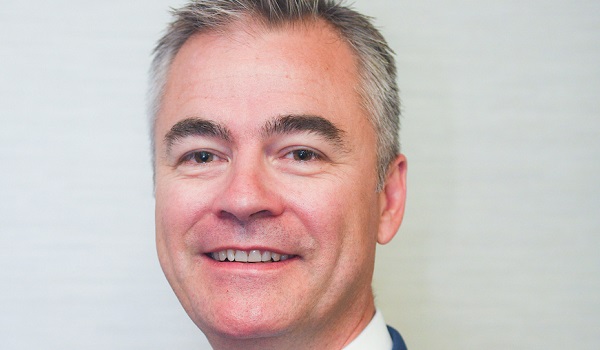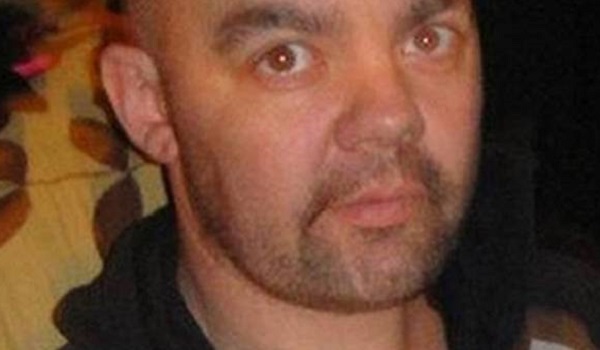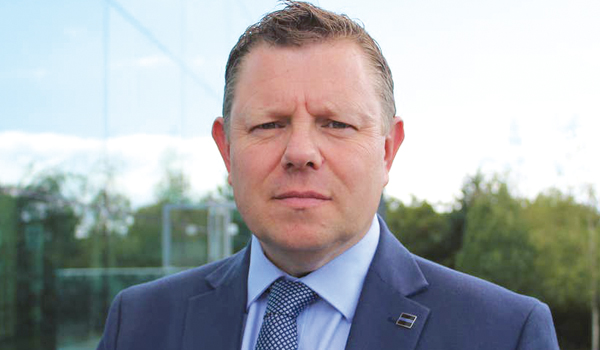PSA survey shows ‘concerning wellbeing picture’ of senior leaders
The Police Superintendents’ Association (PSA) has released survey figures that reveal what it calls a “concerning wellbeing picture” of its members.
Its most recent pay, morale and motivation survey, which was carried out between November 2021 and January 2022, has found that the morale and motivation of policing’s senior operational leaders is the lowest it has been since the survey began in 2015.
The PSA represents superintendents and chief superintendents in 49 police forces – the 43 Home Office forces, British Transport Police, Civil Nuclear Constabulary, Isle of Man Constabulary, the Bermuda Police Service, Royal Gibraltar Police and Gibraltar Defence Police.
Each year, it surveys its members, along with members of the Superintendents’ Association of Northern Ireland (SANI), seeking feedback and insight on pay, morale and motivation.
The most recent survey, carried out
Almost 80 per cent of those surveyed reported low morale across the service and just 40 per cent report high personal morale – the lowest of any year. Just 39 per cent said they would recommend joining the service to others – lower than any other year and only 41 per cent said they felt valued, also the lowest figure of any other year.
With a similar picture being shared by the Police Federation, which published its pay and morale survey results earlier this year, president of the PSA, Paul Fotheringham is calling for urgent work to address the ‘concerning wellbeing picture’ of senior police leaders.
Mr Fotheringham said: “This year’s survey results are not pleasant reading. It’s extremely concerning to see that so many of our members are feeling such low levels of personal motivation, and report similarly low levels across their forces.
“There are many factors contributing to this, such as the impact of changes to police pensions, the high level of demand they face, the treatment of police by government, and the major impact of the police legitimacy crisis.
“We have a clear and urgent need to address the loss of trust in our Service, and to rebuild the confidence of our communities, but an equal need to show care and value to our people, who are also feeling damaged and betrayed by the inexcusable actions of a minority.
“We have a national commitment to valuing our police service through the Police Covenant and the National Wellbeing Service, but as we continue to welcome more people than ever into policing, we must see the tangible outcomes of these promises, that make a difference to our people.
“Our members, along with their colleagues, are being tasked with delivering the government’s Beating Crime Plan, and with managing the largest ever recruitment drive in UK policing at a time when they are telling us they have never felt less motivated or valued.
“On many occasions we have raised our concerns with the government, through formal engagement processes. We have also recently written to the home secretary to challenge the processes that are currently impacting on the pensions of thousands of police officers and we are yet to receive a response. We owe our people the due respect of listening to their views and experiences, then taking action so that their wellbeing becomes a priority.”
Other survey findings included just 32 per sent beign satisfied with their overall renumereation while 79 per cent felt their pay was unfair compared to other roles. In total, 63 per cent said they were not satisfied with their pension – the higheset level since the survey began. In addition, nine out of ten of those surveyed reported that uncertaintity over their pension was having a negative impact on their morale.







